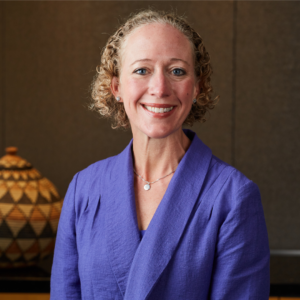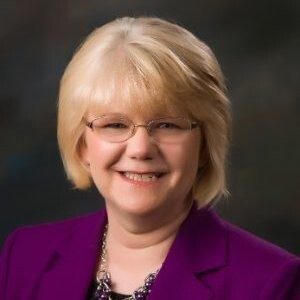How to make Medicare coverage decisions in light of audit risks
“Providing full insurance benefit to the beneficiary” is a philosophical approach to making coverage decisions for our Medicare residents. It means that nursing home coordinators of a resident’s Medicare benefit are to guide and assist the resident to fully utilize the Medicare program so that he or she can recover from an acute episode of decline. Yet with increased government oversight and efforts to find inappropriately paid Medicare funds, facility staff may end a Medicare stay prematurely for fear of being audited and having their claim denied. Balancing these two approaches effectively can improve resident outcomes and the financial health of the facility.
Once the technical Medicare A criteria are verified (i.e., three days at the hospital on an admitted status, benefit days available, etc.), there are many reasons that a resident needs the care of a skilled nursing facility after being in the hospital. Some of these are straightforward and easy to identify, such as therapy needed after a hip replacement, but some of the reasons for coverage are less cut-and-dried.
Take, for example, a resident who was admitted from her home to the hospital for exacerbation of chronic obstructive pulmonary disease (COPD) and unstable diabetes. Now she will be coming to your facility for continued recovery. She also has peripheral vascular disease, continuous oxygen, unstable blood glucose and daily injections for insulin, pain management and a Stage 2 pressure ulcer. While none of the above items individually is considered skilled, the sum total of all of them, along with the potential for complications, requires the skills of the licensed nurse to observe, assess and manage the care plan to ensure positive outcomes for the resident.
The timeframe for keeping a resident on Medicare for observation and assessment as well as care plan management can be nebulous. Determining it requires constant surveillance of the daily decisions the care team is making, as well as clear documentation of the resident’s progress toward stability. Furthermore, assessment may determine that, in addition to her complex suite of “unskilled” conditions, the resident also has a need for physical therapy. Once the resident’s pain, breathing and condition are stable, she has recovered her strength and she no longer needs daily monitoring, treatment and care coordination by a licensed professional, her Medicare benefit will end.
Last year I was teaching the basics of Medicare coverage to a group of nurses, when one of them said, “Did you know that tube-feeding a resident is no longer covered by Medicare for 100 days?” Another participant echoed that she had heard this as well. I was a little stunned. After class I checked the Medicare Benefit Policy Manual. Under “skilled nursing criteria” (chap. 8, p. 26) it states, “Enteral feeding that comprises at least 26 percent of daily calorie requirements and provides at least 501 milliliters of fluid per day.” Tube feeding was and still is a covered skilled nursing service.
After a little more digging, I found anecdotal reports of government auditors denying facilities payment for 100 days of tube feeding because of poor documentation. With holes and gaps in the medical record—not describing bowel sounds, checking tube patency or assessing resident tolerance to feedings—facility staff had not shown that daily skilled services were provided by a licensed nurse. Another denial of payment for tube feeding occurred for a resident who was covered for 100 days and then discharged home on day 101. The auditors determined that the resident’s skilled nursing facility stay did not meet the inpatient requirement and that he could have gone home months earlier.
What is the key to balancing provision of skilled care and avoiding auditor take-backs? Identify all the reasons a resident is “skilled,” including nursing, rehabilitation, observation and assessment, teaching and training, and care plan management (see the Medicare Benefit Policy Manual). Ensure that there is daily oversight and coordination of these skilled services by a licensed nurse and/or therapist. Enhance your documentation to include comprehensive daily capturing of all skilled services. Cover residents under their Medicare benefits as long as they need qualifying, daily skilled care, until they recover to their previous status, if appropriate, or reach their 100-day benefit limit, whichever comes first.
Judi Kulus is the vice president of curriculum development for the American Association of Nurse Assessment Coordination (AANAC). She can be reached at jkulus@aanac.org.

I Advance Senior Care is the industry-leading source for practical, in-depth, business-building, and resident care information for owners, executives, administrators, and directors of nursing at assisted living communities, skilled nursing facilities, post-acute facilities, and continuing care retirement communities. The I Advance Senior Care editorial team and industry experts provide market analysis, strategic direction, policy commentary, clinical best-practices, business management, and technology breakthroughs.
I Advance Senior Care is part of the Institute for the Advancement of Senior Care and published by Plain-English Health Care.
Related Articles
Topics: Articles , Executive Leadership , Facility management , Regulatory Compliance











